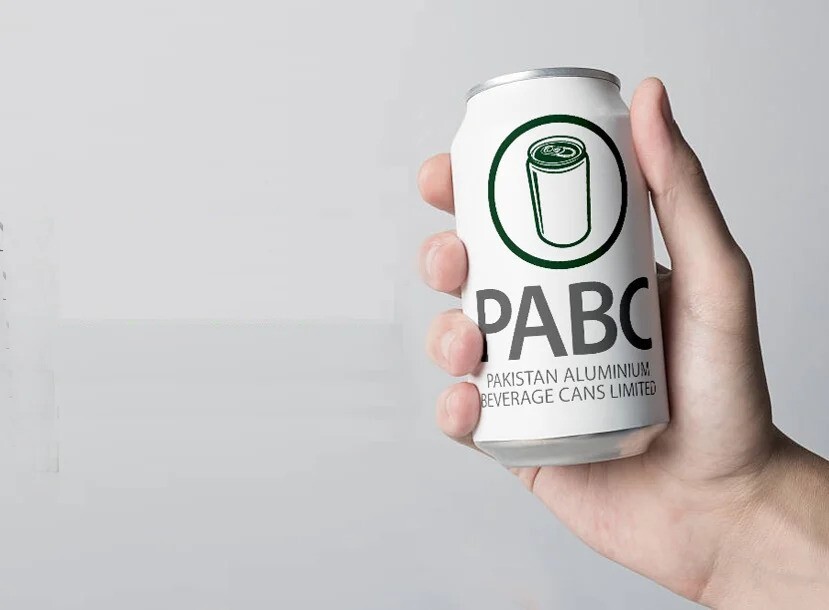您想继续阅读英文文章还
是切换到中文?
是切换到中文?

THINK ALUMINIUM THINK AL CIRCLE

Pakistan Aluminium Beverage Cans Limited (PABC), the leading and only vertically integrated beverage can producer in Pakistan, has delivered on the much-awaited debottlenecking and capacity increase development. The development was officially communicated to the Pakistan Stock Exchange (PSX) in a filing. The company’s annual rated production capacity increased from 1.2 billion to 1.3 billion cans, an increase of 8.3 per cent.

“With reference to our earlier announcement dated April 30, 2025, regarding the Board of Directors’ approval of the debottlenecking and capacity enhancement project, we are pleased to inform you that the project has been successfully completed within the projected timeline,” the company stated. PABC confirmed that the new capacity is “now commercially operational and available for use.”
PABC embarked on the enhancement initiative to tackle operational inefficiencies and align production lines for uniform output. “We are pleased to report that these objectives have been successfully achieved,” the company said in the PSX notice. This strategic move is set to improve not just throughput but also consistency in manufacturing, an increasingly critical factor in light of Pakistan’s growing beverage consumption and export potential.
The enhanced facility at Faisalabad Special Economic Zone also responds to wider industry trends of localisation and import substitution to ensure beverage brands have access to local, competitively priced packaging.
Also read: You shouldn’t smash aluminium cans before recycling. Here’s why
Since commencing operations in 2017, PABC has quickly become a central player in the aluminium packaging industry in Pakistan. The company went public and raised Rs 4.6 billion (52.44 million) in its IPO in 2022, over the target of Rs 3.3 billion (USD 37.62 million), demonstrating strong investor sentiment towards PABC's long-term potential, which seems to be paying off now with its most recent capacity milestone.
What is particularly important in the context of this expansion is that PABC is growing during a time when the global aluminium can market is experiencing high demand as a result of the transition to sustainable and recyclable packaging. Aluminium cans have an almost 70 per cent global recyclability rate and offer brands a sustainable solution to help reduce their carbon footprint.
At the time of the announcement, PABC’s shares saw a 2.88 per cent uptick, trading at Rs165 (USD 1.88). In a previous disclosure, the company noted, “This increased capacity will significantly enhance our operational efficiencies and economies of scale, allowing us to better meet the demand for aluminium beverage cans.”
This is part of PABC's April announcement when it first announced its intentions to scale up its operations. This recent accomplishment, being the only manufacturer of this type in Pakistan, will not only improve domestic supply resilience but also position PABC to offer potential regional supply.
Also read: Exploring the boom in the aluminium packaging market for eco-friendly consumer goods
Responses








